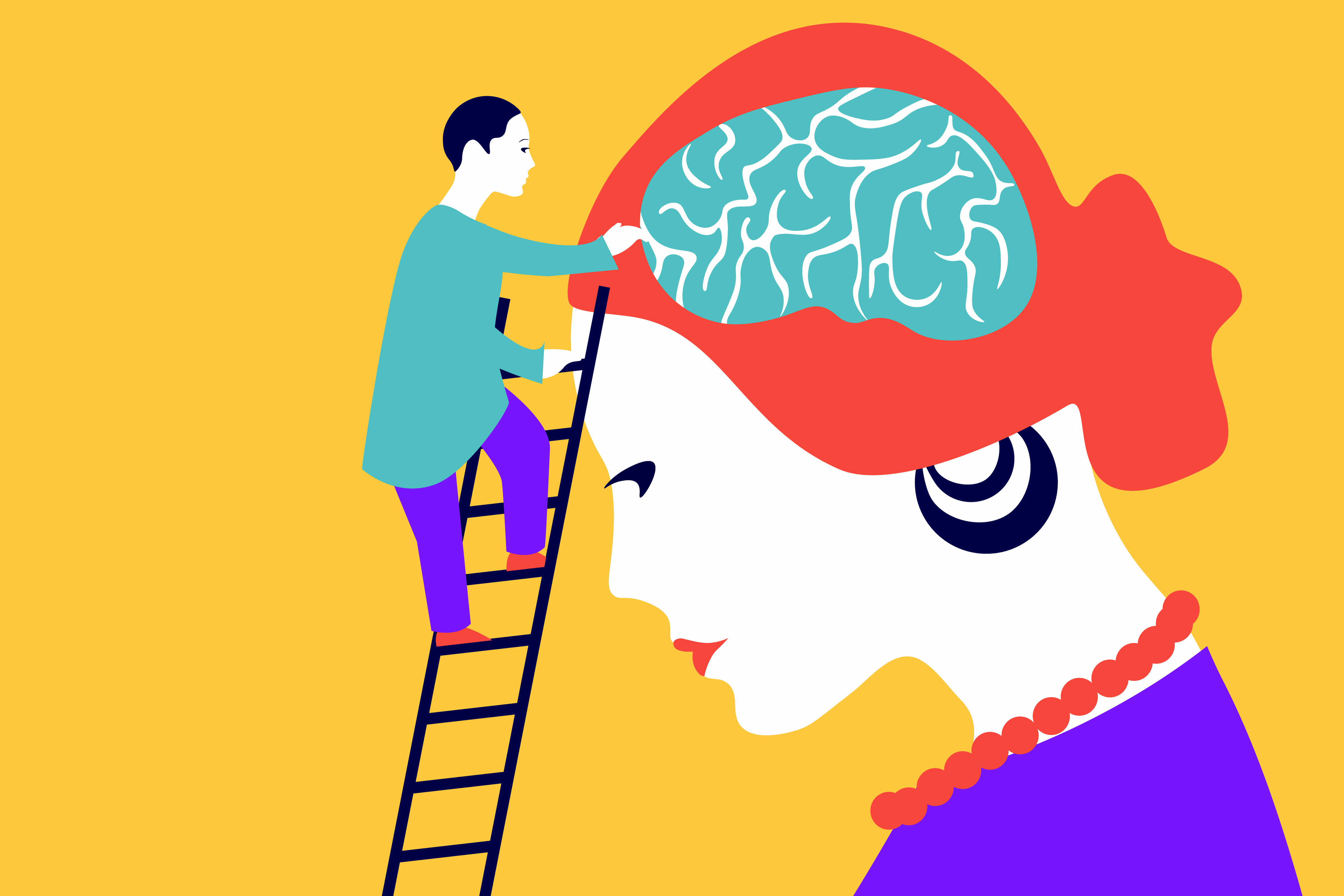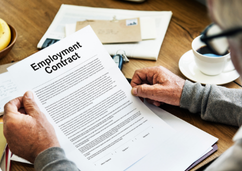Imposter Syndrome haunts the competent, yet rarely troubles those who could probably do with a healthy dose of self-doubt.
It’s a state of being all too familiar for many lawyers, and one of the most common that performance coach and former CEO of Squire Patton Boggs, John Poulsen, sees in his work.
Where do you draw the line between useful, performance-enhancing anxiety and crippling uncertainty? In this interview, we explore the roots of imposter syndrome and how legal professionals and legal organisations can overcome imposter syndrome with awareness, values alignment, and purpose.
“Imposter syndrome continues to cast a long shadow across the legal profession—affecting junior and senior lawyers alike,” John says. “I draw insights from Richard Barrett’s book ‘Evolutionary Coaching: A Values-Based Approach to Unleashing Human Potential', which I use extensively in my coaching work.”
When professional pressure becomes personal persecution
“Normal professional anxiety tends to arise in response to external pressures — tight deadlines, high-stakes work, or unfamiliar challenges,” John observes. “It’s often situational and can be resolved through support, preparation, or experience.”
“Imposter syndrome, by contrast, is an internalised, persistent belief that one is a fraud — despite objective success. Junior lawyers may obsess over minor errors, interpreting them as proof of incompetence, while senior lawyers may attribute their achievements to luck, fearing exposure at any moment.”
Much of this often comes down to conditioning lawyers may have experienced earlier in life.
“Imposter syndrome is rooted in unconscious beliefs formed through parental and cultural conditioning,” John says. “It reflects a fragile sense of self-worth shaped by early messages of inadequacy. Becoming aware of these internal narratives — and interrogating whether they serve growth or perpetuate fear — is the first step toward transformation.”
From self-doubt to self-awareness
Breaking free of these unhelpful internal narratives requires conscious self-questioning.
“The most effective interventions focus on expanding self-awareness and cultivating values-based identity,” John explains. “Barrett’s 7 Levels of Consciousness Model is a fantastic tool to use to identify and interrogate the emotions driving self-doubt.”
“Lawyers can ask themselves: 'What belief is behind this emotion?', 'Is it fear-based or aligned with my values?' and ‘Is this belief actually true?’” John suggests. “Reframing negative self-talk and recognising the distinction between ego needs (approval, status) and soul desires (meaning, growth) can shift the mindset from self-criticism to self-compassion.”
Beyond such self-questioning, lawyers can also deploy practical tools to unearth their underlying values.
“Practical strategies include mindfulness, coaching, and courageous conversations that realign individuals with their core values,” John says. “One example: a mid-career lawyer feeling like a fraud in client meetings might explore whether their discomfort stems from unrealistic perfectionism. When they begin to act in alignment with values like integrity and contribution — rather than chasing validation — confidence naturally emerges.”
“A lot of my coaching clients have experienced imposter syndrome, and we have worked together in sessions to let that mindset go and switch to a more positive mindset,” John says. “I find that when we switch our consciousness from ‘it’s all about me’ to ‘how can I serve others’, significant shifts happen.”
The perfectionism trap makes it hard to ask for help
The law has long cultivated a culture of stridently high standards.
“Its emphasis on perfectionism, billable hours, adversarial logic, and intellectual dominance can unintentionally reinforce feelings of inadequacy,” John says. “From law school onwards, comparison and competition are the norm. Success is defined externally — through client wins, hours billed, and prestige — rather than intrinsic values or personal growth. Barrett’s 'Becoming Conscious' highlights that when values are overridden by conditioned beliefs (like equating self-worth with performance), imposter syndrome thrives.”
For example, junior lawyers may internalise the belief that asking for help signals weakness.
“Senior lawyers may fear that vulnerability will erode credibility. The culture's resistance to emotional expression and self-reflection perpetuates this cycle. Without conscious inquiry into these cultural norms, many lawyers remain trapped in a loop of overwork, self-doubt, and burnout.”
Safe spaces in high-stakes places
Despite the stakes at play in any legal matter, it’s crucial to create an environment of psychological safety. Doing so will cultivate a culture conducive to better outcomes for everyone.
“Law firms can create environments that support self-worth, authenticity, and values-based growth,” John says. “Barrett’s concept of “organisational consciousness” invites firms to move beyond performance metrics and foster cultures of psychological safety, self-awareness, and purpose-driven leadership.”
“Effective strategies include: promoting open conversations about fear and failure; recognising the whole person, not just billable output; embedding mentorship and reflective practices; and aligning organisational values with personal values,” John says. “For example, a firm that shifts appraisal conversations to include questions about fulfilment, contribution, and values alignment fosters deeper trust and engagement.”


























![How to handle Direct Speech after Gan v Xie [2023] NSWCA 163](https://images4.cmp.optimizely.com/assets/Lawyer+Up+direct+speech+in+drafting+NSW+legislation+OCT232.jpg/Zz1hNDU4YzQyMjQzNzkxMWVmYjFlNGY2ODk3ZWMxNzE0Mw==)








































































